SUMMARY
This is AI generated summarization, which may have errors. For context, always refer to the full article.
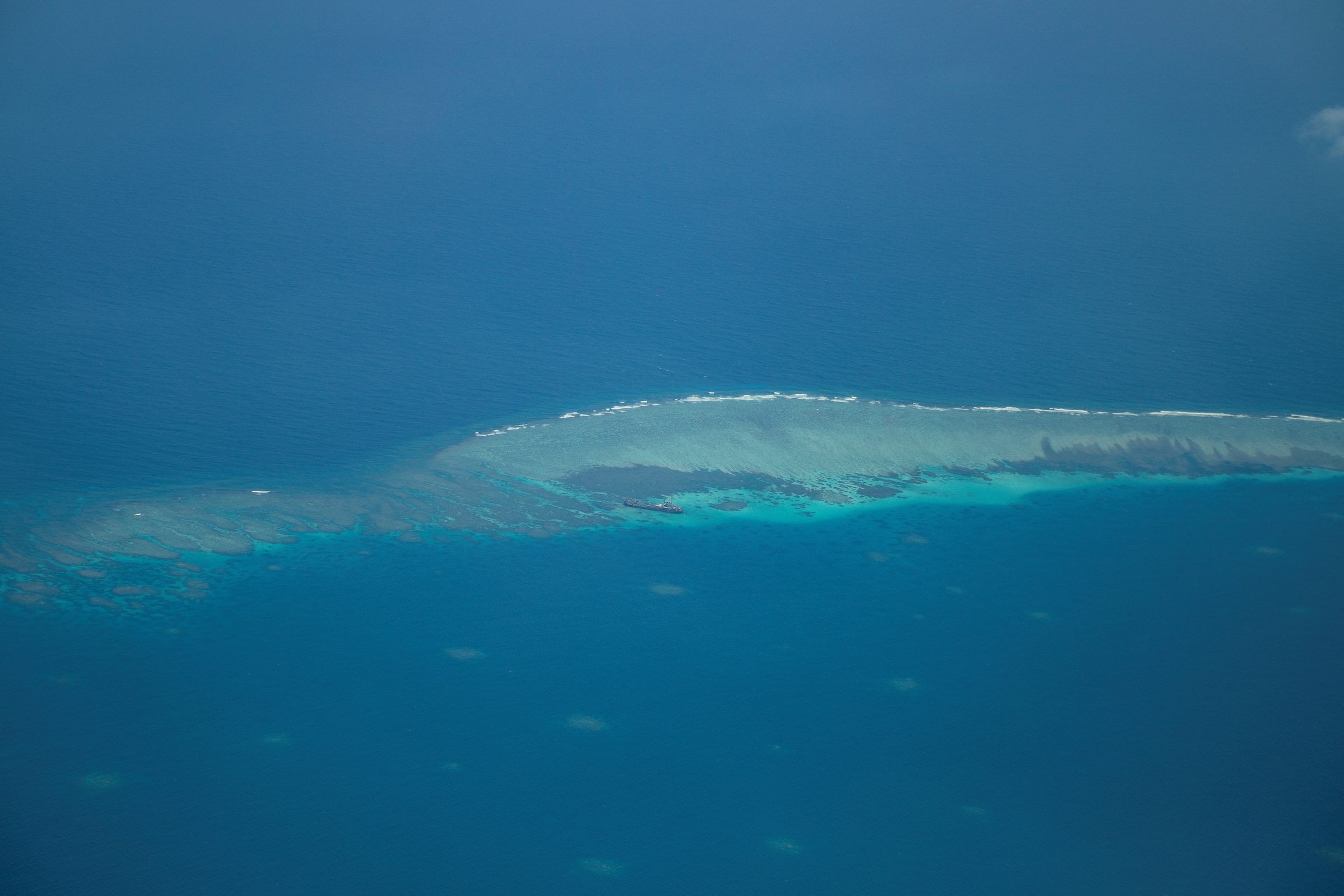
MANILA, Philippines – The Philippines on Thursday, August 31, criticized China for its “Standard Map” that depicted Philippine territory as within the Asian giant’s boundaries in the South China Sea.

“The Philippines rejects the 2023 version of China’s Standard Map issued by the Ministry of Natural Resources of the People’s Republic of China on August 28, 2023, because of its inclusion of the nine-dashed line (now a ten-dashed line) that supposedly shows China’s boundaries in the South China Sea,” said the Department of Foreign Affairs (DFA) in a statement.
The new map features a 10-dash line that encompasses the entire South China Sea, depicting the distance between China and the Philippines and a faint strip of water. The map also shows Indian territory, as well as disputed lands, as within China’s boundaries, prompting a protest from New Delhi. The additional dash in the map is located east of Taiwan – an attempt of China to assert its claim over the democratically-ruled island.
“This latest attempt to legitimize China’s purported sovereignty and jurisdiction over Philippine features and maritime zones has no basis under international law, particularly the 1982 United Nations Convention on the Law of the Sea (UNCLOS),” said the Philippines.
A 2016 Arbitral Award had invalidated China’s 9-dash line – now the 10-dash line – has already been deemed invalid following Manila’s challenge. Quoting the decision, the DFA said: “It categorically stated that ‘maritime areas of the South China Sea encompassed by the relevant part of the ‘nine-dash line’ are contrary to the Convention and without lawful effect to the extent that they exceed the geographic and substantive limits of China’s maritime entitlements under the Convention.”
“The Philippines, therefore, calls on China to act responsibly and abide by its obligations under UNCLOS and the final and binding 2016 Arbitral Award,” added the Philippines.
In an interview in Palawan on Friday, September 1, Philippine President Ferdinand Marcos Jr. said the Philippines would “continue to defend our territorial sovereignty, our territorial rights.”
“Now, once again, we received the news that now the nine-dash line has been extended to the 10-dash line. So, these are the…we have to respond to all of these, and we will, but again, these are operational details that I would prefer not to talk about,” he added.
China has refused to acknowledge the 2016 decision, despite the Philippines gaining support from key allies in the region and beyond. On the seventh anniversary of the ruling, allies such as the United States, Australia, India, Japan, France, and the European Union expressed their support for the ruling.
Beijing’s rejection of the award goes beyond rhetoric. China has been relentless in its assertion of its false territorial claims, constantly blocking and harassing Philippine vessels that sail through the West Philippine Sea, or parts of the South China Sea under the Philippines’ exclusive economic zone.
Most recently, in early August, China blocked and pointed water cannons at Philippine Coast Guard and Philippine military-commissioned transport boats that were en route to Ayungin Shoal in the West Philippine Sea to bring supplies to Marines stationed there. Later in the month, the Philippines completed the resupply mission despite China’s attempts to block Philippine ships.
China’s aggressive actions have continued on despite a promise by Chinese President Xi Jinping and Marcos of a “new golden age” in bilateral ties. – Rappler.com
Add a comment
How does this make you feel?
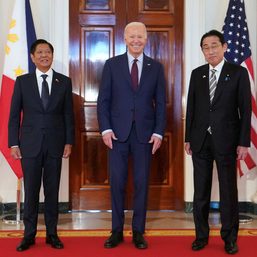

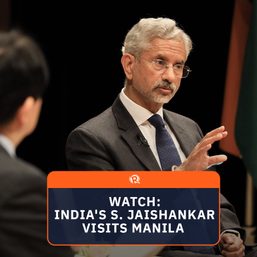
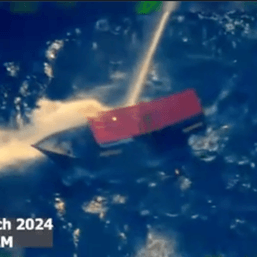
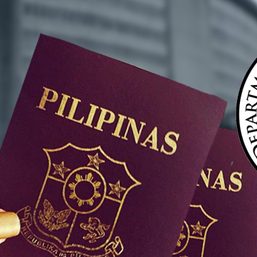
![[Vantage Point] Xi’s flotilla blocks energy development in South China Sea](https://www.rappler.com/tachyon/2024/04/china-aggression.jpg?resize=257%2C257&crop=442px%2C0px%2C1080px%2C1080px)
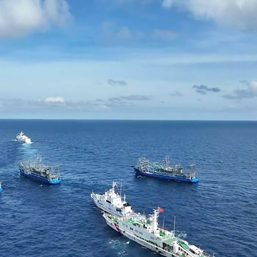
![[Newspoint] The lucky one](https://www.rappler.com/tachyon/2024/04/lucky-one-april-18-2024.jpg?resize=257%2C257&crop=536px%2C0px%2C1080px%2C1080px)
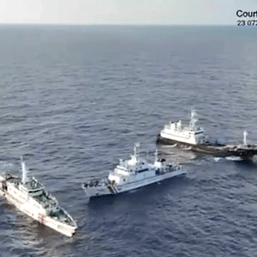


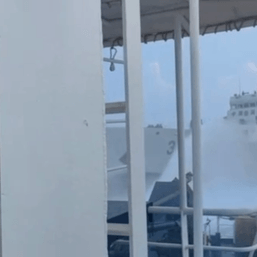


There are no comments yet. Add your comment to start the conversation.